No products in the cart.
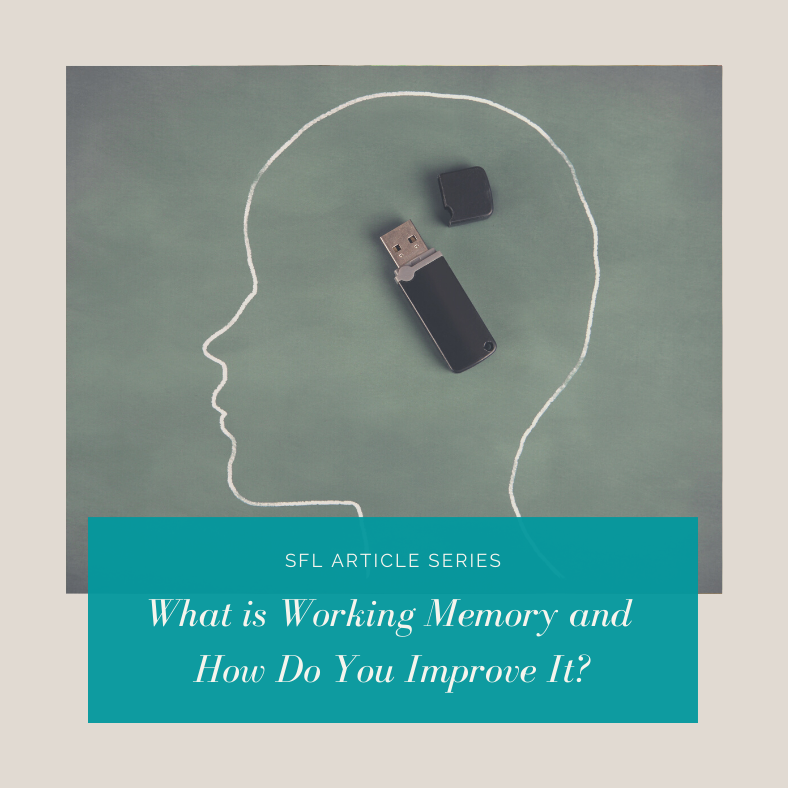
What is working memory?
Working memory refers to how our brain temporarily stores and manipulates information in order to complete a task. It works closely with other executive functioning skills like planning, adaptive thinking, and sustained attention.
How does poor working memory affect children and teens?
Poor working memory can affect children and teen in and out of school. Students with working memory challenges may:
- Be easily distracted and forgetful
- Be inflexible
- Lack ability to recognize unexpected situations and respond effectively
- Have difficulty starting, prioritizing, and shifting tasks
- Have difficulty doing mental math
- Have difficulty carrying out daily chores
- Have difficulty following multi-step problems or directions
- Have difficulty remembering the plot or details of a story
- Have difficulty writing down homework assignment or keeping track of schoolwork
How can you improve it?
Here are some strategies to help support students who may have poor working memory.
- Practice effective note-taking. Utilize checklists and work on active reading strategies like underlining, highlighting, and annotating.
- Chunk information into more manageable pieces. Break down multi-step math problems step by step and longer reading passages into smaller segments.
- Practice visualizing or doodling what you read or hear.
- Play memory boosting games like Uno, GoFish, Concentration, or Chess.
- Make meaningful connections with information and try out some mnemonic devices.
Other resources
A Day in a Life of a Student with Executive Functioning Challenges (video)

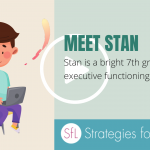
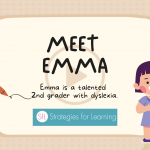
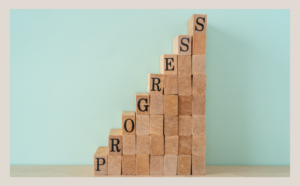
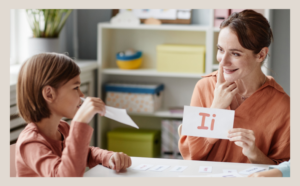


No comment yet, add your voice below!